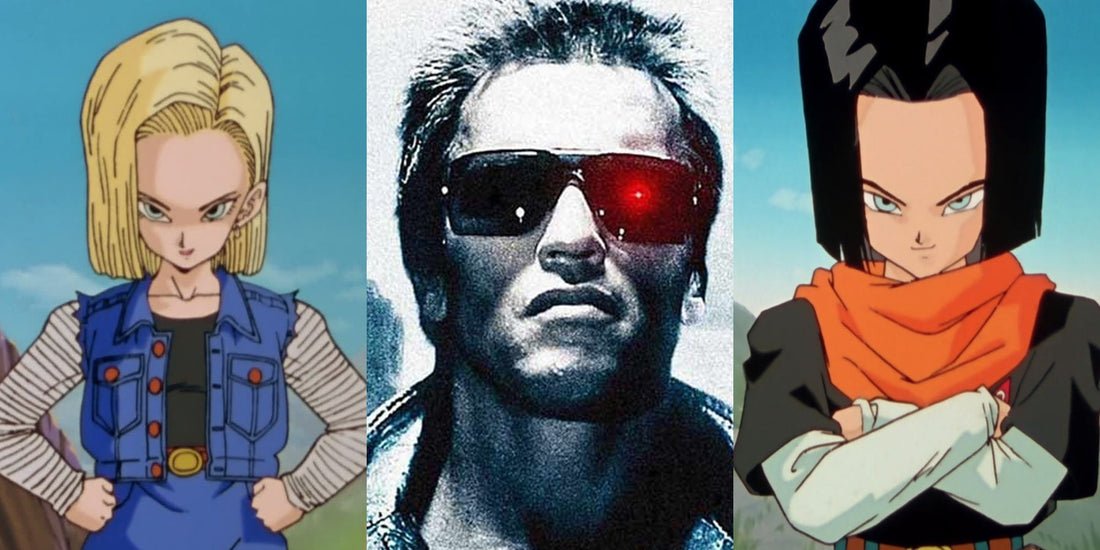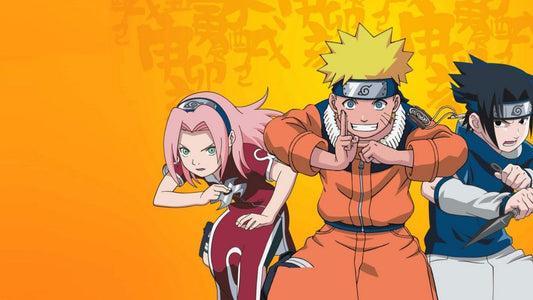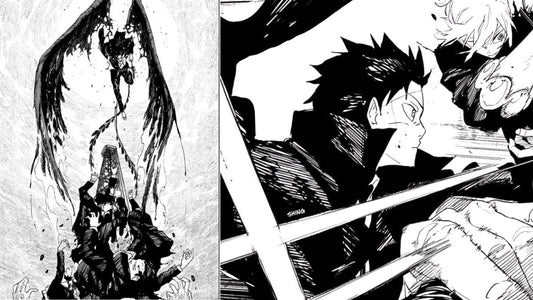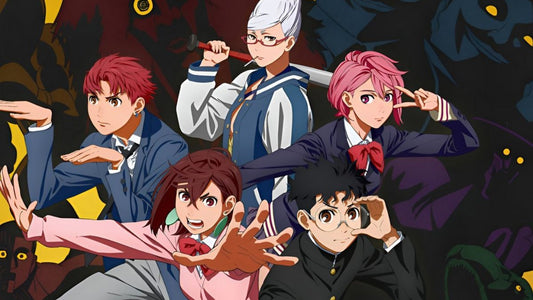
Hollywood's Influence on Dragon Ball: Uncovering Subtle and Not-So-Subtle References
Jared JohnsonShare
The Hollywood Inspirations Behind Dragon Ball
Akira Toriyama's Dragon Ball is renowned for its eclectic mix of martial artistry, humor, and epic storylines. What makes this iconic series even more intriguing is its incorporation of Hollywood film references woven into its fabric. From its inception, Dragon Ball has reached beyond the realm of manga to draw inspiration from global cinema. Let's delve into the Hollywood influences that have left their mark on the narrative tapestry of Dragon Ball and Dragon Ball Z.
A Chinese Classic Meets Hollywood
The foundational story of Dragon Ball is deeply anchored in the Chinese novel Journey to the West. But while this tale serves as the series' backbone, Toriyama ambitiously broadens its source material to include Hollywood classics. This blend has allowed Dragon Ball to appeal to a global audience, resonating with fans who appreciate both the traditional mythological roots and the Western cinematic nods.
Wayne's World and Carrot Top
One of the more playful references occurs in Chapter 17 of the manga, "Carrot Top." Here, Toriyama nods to the 1992 comedy Wayne's World. The iconic phrase "We're not worthy," immortalized by Wayne and Garth, is echoed by mobsters who serve Monster Carrot, the carrot-transforming villain. This comedic interplay enriches the cultural vibrance of the series. Explore more about how anime and Western films intersect in diverse ways.
Echoes of Charlie Chaplin
In Dragon Ball's 10th episode, viewers witness Emperor Pilaf indulging in a whimsical dance with a globe. This comedic scene is a tribute to Charlie Chaplin's The Great Dictator. The homage is a testament to Toriyama's ability to merge profoundly impactful scenes from film history with animated satire. Pilaf's character development highlights this interplay, reminding audiences of the larger-than-life personalities often explored in classic film.
Alien Parallels with Launch
Dragon Ball doesn’t shy away from referencing Ridley Scott's 1979 film Alien. Launch, an early series mainstay with a dual personality, is seen wielding a weapon and wearing a jumpsuit akin to Ripley's iconic outfit. This nod not only underscores Alien’s significant influence on pop culture but also establishes Launch as a tribute to strong female characters in film. See how strong female characters continue to shape anime narratives.
Major Metallitron and Terminator
The Terminator franchise has notably stamped its influence on the Dragon Ball series. The introduction of Major Metallitron during the Red Ribbon Army arc takes visual and thematic inspiration from the T-800 model portrayed by Arnold Schwarzenegger. Notably, dialogue interactions mimic lines from Terminator, making for a palpable connection that honors the groundbreaking film about technology and humanity. Discover more about pop culture's fascination with human-robot themes.
Android 8: The Frankensteinian Friend
Android 8, appearing as a figure reminiscent of Frankenstein’s Monster, highlights a touching narrative of friendship amidst monstrous appearances. While visually akin, their stories diverge, with Android 8 finding acceptance and peace—a nod to the empathetic storytelling that Dragon Ball sometimes veers into. Fans are keen to see more of Android 8 in forthcoming episodes. You can dive deeper into iconic horror influences that have shaped anime’s storytelling.
Galactic Influences from Star Wars and Star Trek
Akira Toriyama's love for sci-fi is blatantly present in references to both Star Wars and Star Trek. These beloved franchises lend design motifs and thematic elements to Dragon Ball. For instance, the resemblance of Pilaf's Flying Fortress to the Death Star is hard to miss for keen observers. Further, the series nods to Star Trek with clear identifiers like the "NCC-1701-A" seen during character interactions. These references speak to the cross-pollination of audio-visual technologies and space operatic themes between anime and Western sci-fi. Explore the enduring impact of sci-fi on global media.
Time Travel and Cybernetic Foes
The Android Saga draws heavily from the Terminator series, especially with its themes of time travel and cybernetic adversaries threatening humanity. This arc echoes several key plot points from the franchise, including the arrival of warriors from the future and technological doom looming over the world. Trunks, akin to Kyle Reese, comes from the future to avert disaster, his presence paralleling the intricacies of time travel and resistance found in Terminator.
Photo Credit by CBR



